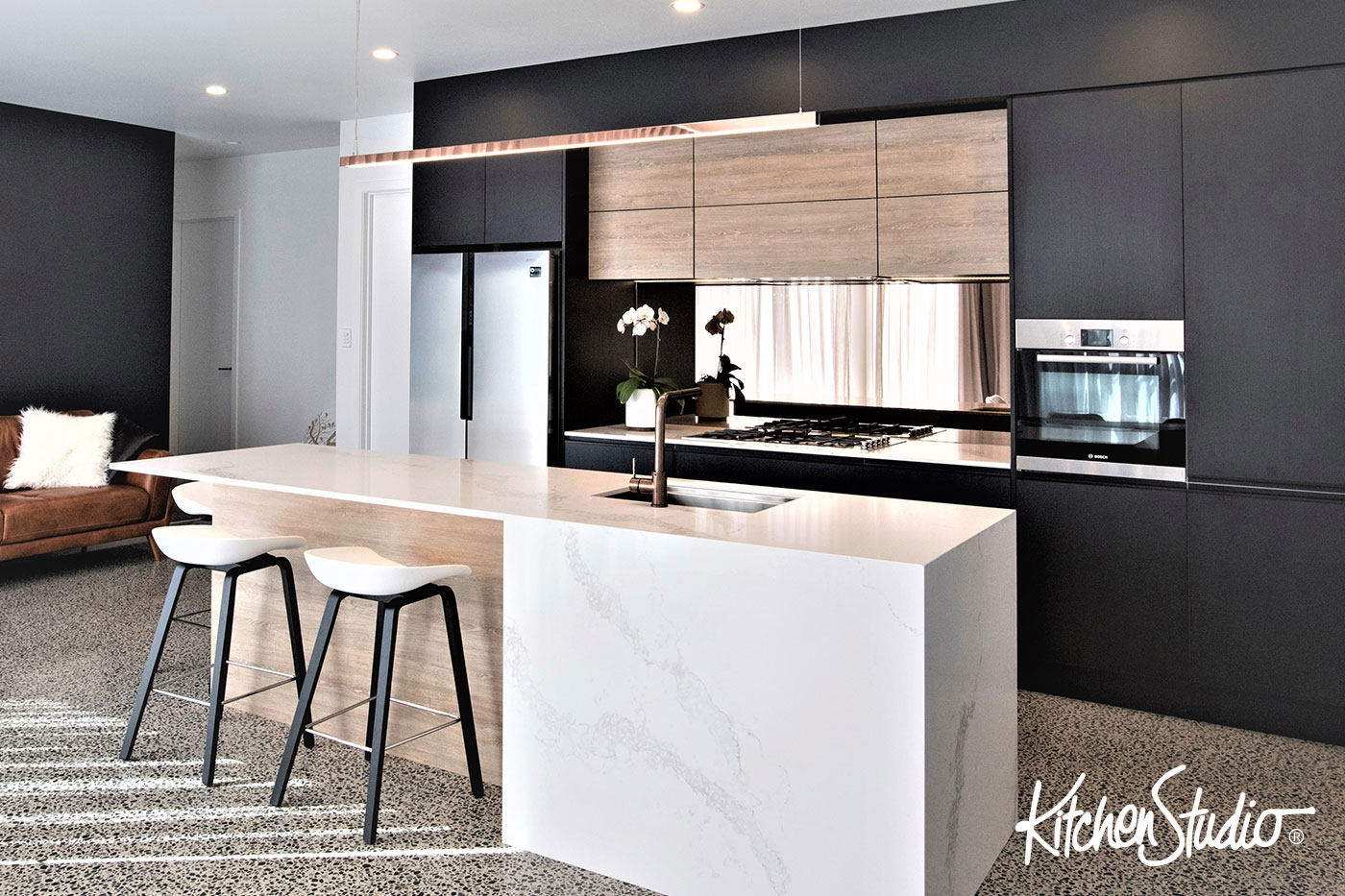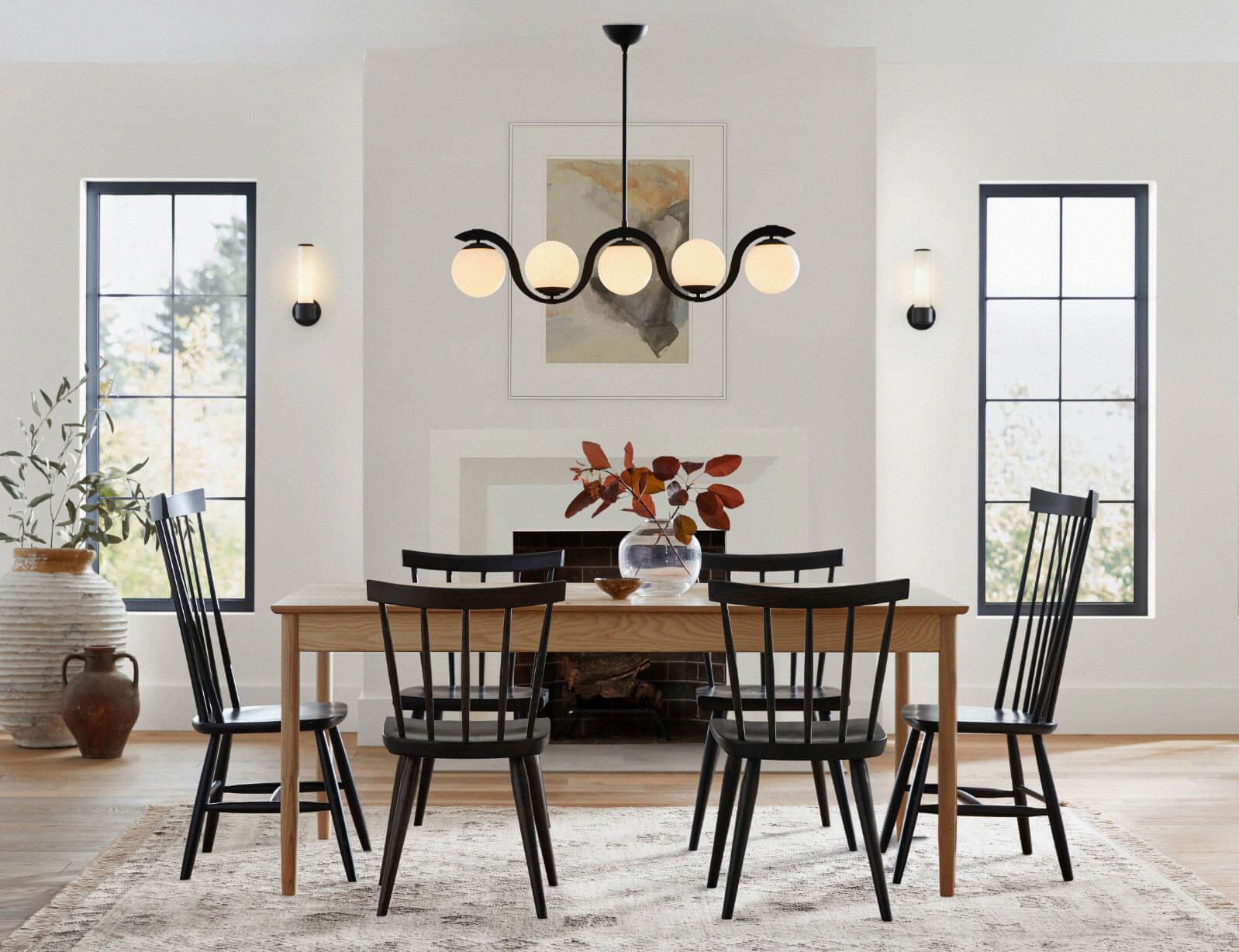House plan designers and architects may both be involved in the design and construction of a home, but their roles are very different. This guide will break down the differences between house plan designers and architects, what to expect when you work with a professional, and how to choose the best option for you. Read on to learn more.House Plan Designers vs Architects: A Guide for Homeowners
House plan designers and architects are two different professionals, with different levels of education, training and responsibilities. House plan designers typically create blueprints and plans for houses and other buildings, including details such as the size and shape of the building and the placement of windows and doors. An architect, on the other hand, is a fully-licensed professional who creates plans for a wide variety of buildings, from homes to commercial buildings. Architects must meet educational and licensing requirements, and they are typically responsible for overseeing all aspects of the construction process, from design and budgeting to materials selection and management.Differences between House Plan Designers and Architects
When you work with a house plan designer, you can expect to receive detailed plans for the house you’re building, as well as advice on how to best build and maintain it. The designer should also be able to provide advice on decorating your home, including tips on furniture placement and colour schemes. An architect, on the other hand, will have a more holistic approach to designing your home. They will typically work with you to create a unique design that reflects your individual style, as well as provide advice on building codes, permits, and all other aspects of the construction process.What to Expect from a House Design Professional
When it comes to choosing between a house plan designer and an architect, it comes down to your budget and the complexity of the project. If you are building a basic home and are on a tight budget, a house plan designer can be a great option. If you are looking for a unique design, however, an architect may be the better choice. An architect can work with you to develop a design that suits your needs and reflects your individual style. In addition, architects can provide advice on necessary permits, building codes, and other elements that can be difficult to navigate without an expert.How to Choose between a House Plan Designer and an Architect
Working with a home design professional can be a rewarding experience. Here are some best practices to follow when working with either a house plan designer or an architect: • Communication is key – Be sure to communicate your vision clearly and effectively. Ask plenty of questions and keep the lines of communication open throughout the process. • Keep a timeline – Develop a timeline for your project and follow it. This will help you stay on top of deadlines, tasks and budgeting. • Be open to feedback – Design professionals have experience and knowledge that you may not, so they may offer suggestions or point out potential issues with your plan. Listen to their feedback and be open to their ideas.Best Practices for Working with a Home Design Professional
Modern house designs are becoming increasingly popular, and they require an experienced professional to ensure the design is executed properly. When looking for a house plan designer or an architect, consider their experience in modern design. Ask for examples of their work and read reviews from previous clients. It’s also a good idea to discuss your vision for the home and ask specific questions about the design process to determine if the professional you’re considering is the right fit for your project.Modern House Design: Finding a Professional That Suits Your Needs
Working with a professional house plan designer or an architect has many benefits. A professional can help you create clear and accurate plans for your home, which can save you time and money in the long-run. In addition, a professional can advise you on building codes, permits and other essential elements of design and construction. Finally, a professional can provide a unique, custom design that suits your individual style.The Benefits of Working with an Architect or House Plan Designer
When working with house plans, homeowners should exercise caution and avoid common mistakes. This includes not meeting building codes, not budgeting properly, skimping on materials, not taking the proper measurements, and not understanding the scope of the project. Working with a professional house plan designer or an architect can help you avoid these common pitfalls.Common Mistakes Homeowners Make When Working with House Plans
The cost of professional house design services will vary depending on the complexity of the project, the number of plans needed, and the scope of the work. House plan designers tend to be more affordable than architects, as they typically charge an hourly rate or a flat fee for their services. Architects, on the other hand, charge an hourly rate or may charge a percentage of the total project cost. Talk to a few different professionals to get an idea of pricing.Understanding the Cost of Professional House Design Services
Entering into any contract is a big decision, so it’s important to understand the details and negotiate terms that work for you. When dealing with a house plan designer or an architect, make sure to discuss the scope of work, timelines, budget, and payment terms. Ask questions to ensure you understand what you’re signing up for, and be sure to get everything in writing before signing a contract.Tips for Negotiating a Contract with Your House Design Professional
Today, there is no shortage of creative house designs available, from contemporary to traditional. Here are 10 creative house designs to consider, and tips on how to get them: • Mid-Century Modern – Mid-Century Modern homes are known for their clean lines, open floor plans, and contemporary style. To get this design, hire an architect who has experience with Mid-Century Modern houses. • Farmhouse – Farmhouse designs incorporate rustic elements such as shiplap, hardwood floors, and barn doors. Hire a house plan designer or architect with experience in farmhouse design. • Craftsman – Craftsman-style homes feature wood exterior siding, decorative accents, and covered porches. Work with a house plan designer or an architect who specializes in Craftsman design. • Colonial – Colonial-style homes feature symmetrical designs and traditional elements such as dormer windows and brick exteriors. Look for a house plan designer or architect with experience in Colonial design. • Modern – Modern house designs are all about simplicity and minimalism. Look for an architect who specializes in modern design and can help you create a home that’s uniquely yours. • Mediterranean – Mediterranean-style homes feature stucco exteriors, red clay roofs, and arched walkways. Look for a house plan designer or an architect with experience in Mediterranean design. • Industrial – Industrial-style homes use exposed materials such as steel, wood, and concrete. Work with an architect who is experienced in industrial design. • Eclectic – Eclectic homes combine elements from a variety of styles. An experienced house plan designer or architect can help you create an eclectic design that fits your individual style. • Traditional – Traditional house designs feature elements such as dormer windows, gabled roofs, and pillared porches. Look for an experienced house plan designer or architect who specializes in traditional design. • Contemporary – Contemporary design is all about minimalism. A contemporary house plan designer or architect can help you create a home with clean lines and an open layout.10 Creative House Designs and How to Get Them
Understanding the Differences Between House Plan Designers and Architects
 A house plan designer and an architect have different roles when it comes to the design of a home. It is important to understand the differences in order to decide which type of professional would best suit the needs of the house project.
A house plan designer and an architect have different roles when it comes to the design of a home. It is important to understand the differences in order to decide which type of professional would best suit the needs of the house project.
House Plan Designers
 A house plan designer typically creates blue prints or plans for new house projects and remodels. They use
CAD software
(Computer Aided Design) programs to create designs according to client’s specifications and requirements. While house plan designers may offer shared ideas and suggestions, the focus is on the client’s vision.
A house plan designer typically creates blue prints or plans for new house projects and remodels. They use
CAD software
(Computer Aided Design) programs to create designs according to client’s specifications and requirements. While house plan designers may offer shared ideas and suggestions, the focus is on the client’s vision.
Architects
 An architect is a professionally qualified and licensed designer who typically has both design and technical skills. They can offer a range of services, from the design to construction drawings. They are knowledgeable in city or local regulations and codes, and can create plans to accommodate them. Architects also understand building materials and techniques, which can be valuable when it comes to business decisions and providing solutions. They can also be beneficial for projects that require more than just drawing plans, due to their understanding of local regulations, materials, and techniques.
An architect is a professionally qualified and licensed designer who typically has both design and technical skills. They can offer a range of services, from the design to construction drawings. They are knowledgeable in city or local regulations and codes, and can create plans to accommodate them. Architects also understand building materials and techniques, which can be valuable when it comes to business decisions and providing solutions. They can also be beneficial for projects that require more than just drawing plans, due to their understanding of local regulations, materials, and techniques.


































































































